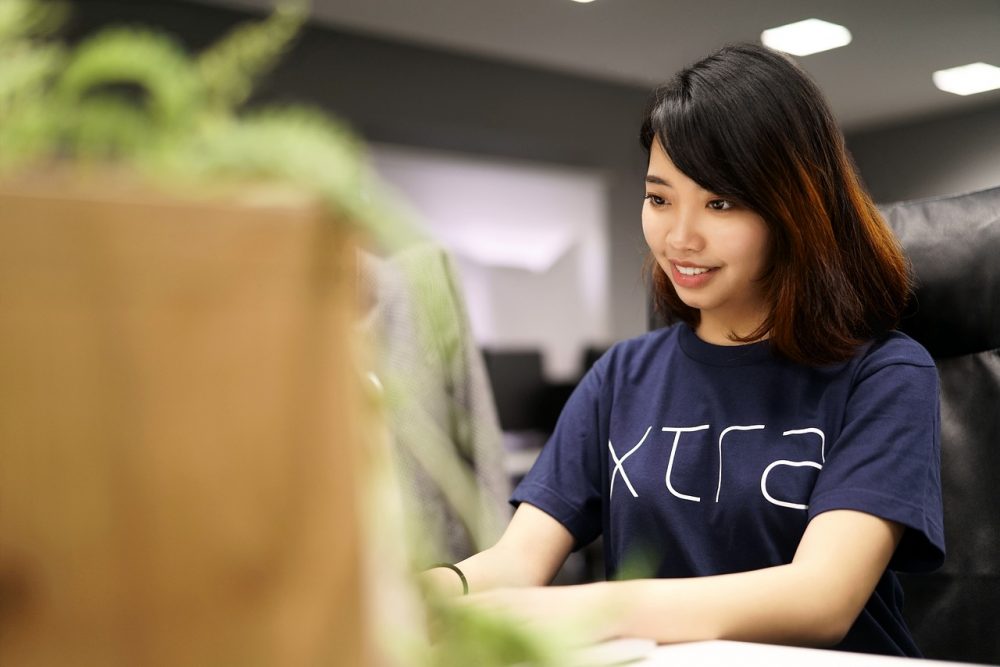Self-Development – In fact, a human being has the ability to develop his own potential to achieve the goals he wants to achieve, whether short or long term. Each person has their own potential depending on how they can recognize themselves. Why? Because by knowing oneself or self-awareness, humans can know how they can develop their potential and adapt to their abilities. Therefore, in this article the author would like to share a little about how we can easily develop our potential.
1. Knowing your potential
“Know yourself first, then you will find the future” is the saying that many wise people often say. Like it or not, that’s what happens, you can easily understand your goals when you know your potential. For example, if you like communicating with lots of people, it means you have potential in public speaking. Now, after knowing your potential, you can learn these skills to the maximum.
2. Determine goals
The first is that you need to know what goal you are fighting for, because by knowing your goal you can break it down into several points. Personal needs of course depend on these goals, therefore, make sure of several points. Choose at least 5 to 10 skills that are most needed to achieve your goals. After that, you can choose and sort out which ones are priority, complicated, or require a long time to master these skills. For example, suppose you have a goal of becoming a web programmer, then you need to master several skills such as programming languages, HTML, CSS or algorithms. So, choose which one you think needs to be prioritized before the others, then your goal is now clearer to achieve.
3. Intention and Motivating Yourself
Intention and belief are the first foundations for starting to develop skills. You need to have a strong determination and commitment that “I will do this”. No one can motivate you other than yourself, without comparing your results with other people you are great. There are many ways a person can motivate himself when he wants to develop skills. There are those who want to get a decent life, or just want to make their parents happy. The point is to find your motivation. Sometimes there are obstacles that hinder someone when they want to learn a new skill, either due to laziness or external distractions, it is this initial intention when starting that will awaken the fire of new enthusiasm to stay on the path to the final goal.
4. Start with Small and Easy Things
Feeling difficult about the skills you are going to learn now? Maybe this is the easy way. If you wait to be ready for a big challenge then you will never start, so the solution is to break the skill into several small parts. Let’s look at a simple example, the story is that you want to learn design skills in Adobe Photoshop software. If you imagine it, of course it feels very heavy, but if you break it down into small things like studying the navbar, tools that are often used, starting to make easy projects, etc., then the skill you want to learn feels very possible for you to master.
5. Be consistent
Easy to say but hard to do, consistency is the main key when learning new skills. What often happens is that when you just start learning, your enthusiasm is fiery, but after 2 weeks you start to lose a little enthusiasm, and the end result is still nothing.
6. Find Your Learning Style
Everyone has a different learning style, some are visual, auditory or kinesthetic. Find your learning style and then consistently use that style. If your learning style is kinesthetic then you need to see firsthand how this can be done and even practice it together. The auditory style will usually focus on the tutor’s explanation when understanding something. Meanwhile, the visual style usually tends to understand material by focusing on visuals such as slide material or prefers to understand material by reading books and journals. But whatever your learning style, practice is still the way to learn effectively.
7. Have a mentor
When learning new skills you will often encounter difficulties in terms of learning flow, obstacles that get in the way, or changes in conditions that affect the learning flow. If you get this, a mentor is someone who can give you a solution. Having a mentor when learning a new skill helps someone learn in a structured manner so they don’t get sidetracked. Ask questions and ask for feedback from your mentor for each learning step you go through.
8. Appreciate Achievements
Appreciate your achievements when you pass certain steps when learning new skills. Appreciating your own achievements will increase your motivation to complete them. You don’t have to spend a lot of money to do self-rewards, doing hobbies, telling stories to your family, or writing them in a personal journal are simple examples of self-reward.
9. Find a Supportive Environment
The final point is to find a positive environment so that you can be more enthusiastic about learning new skills to develop your potential. The environment is important when studying where someone can get stories of experiences from other people and find people with the same vision.
In this concluding part, the author would like to convey that everyone has the same potential to develop and progress, it just depends on whether the person himself wants to be silent and let today be the same as yesterday or move so that tomorrow is at least 1% better than today. Please join the Future Career Class program from Futureskills to gain direct knowledge from mentors so that you can discover your potential and develop your skills in a good and structured manner.











